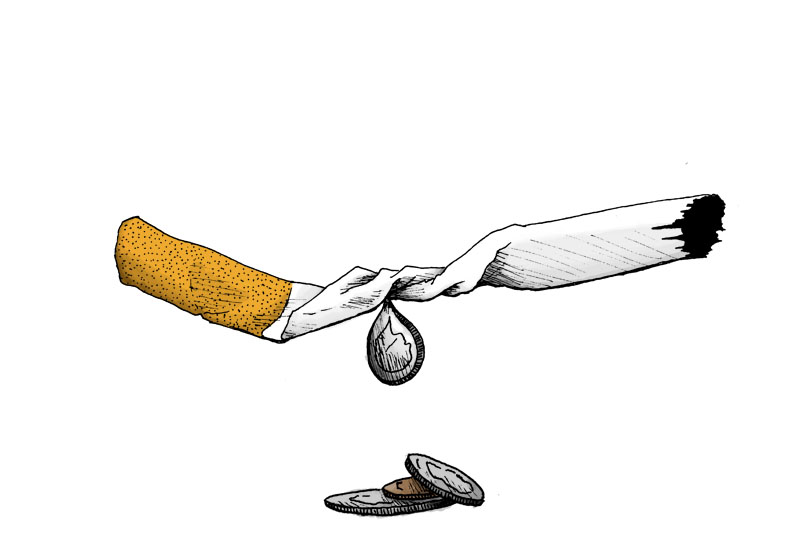Tasmania could be the first state in Australia to ban the sale of tobacco products to people under 21, reports The Advocate.
A bill introduced last year by representative Ivan Dean will be debated when Parliament resumes on August 6.
Under the legislation, the legal age for Tasmanians to buy tobacco products would be increased from 18 to 21 incrementally over three years. It would be an offence for a retailer to sell tobacco products to people aged under 21 and for a person to provide false proof of age.
“This is about saving lives, preventing people getting sick and dying prematurely,” Dean said. “We would be the first state in Australia to do this and I’m told everybody is sitting back watching us.”










